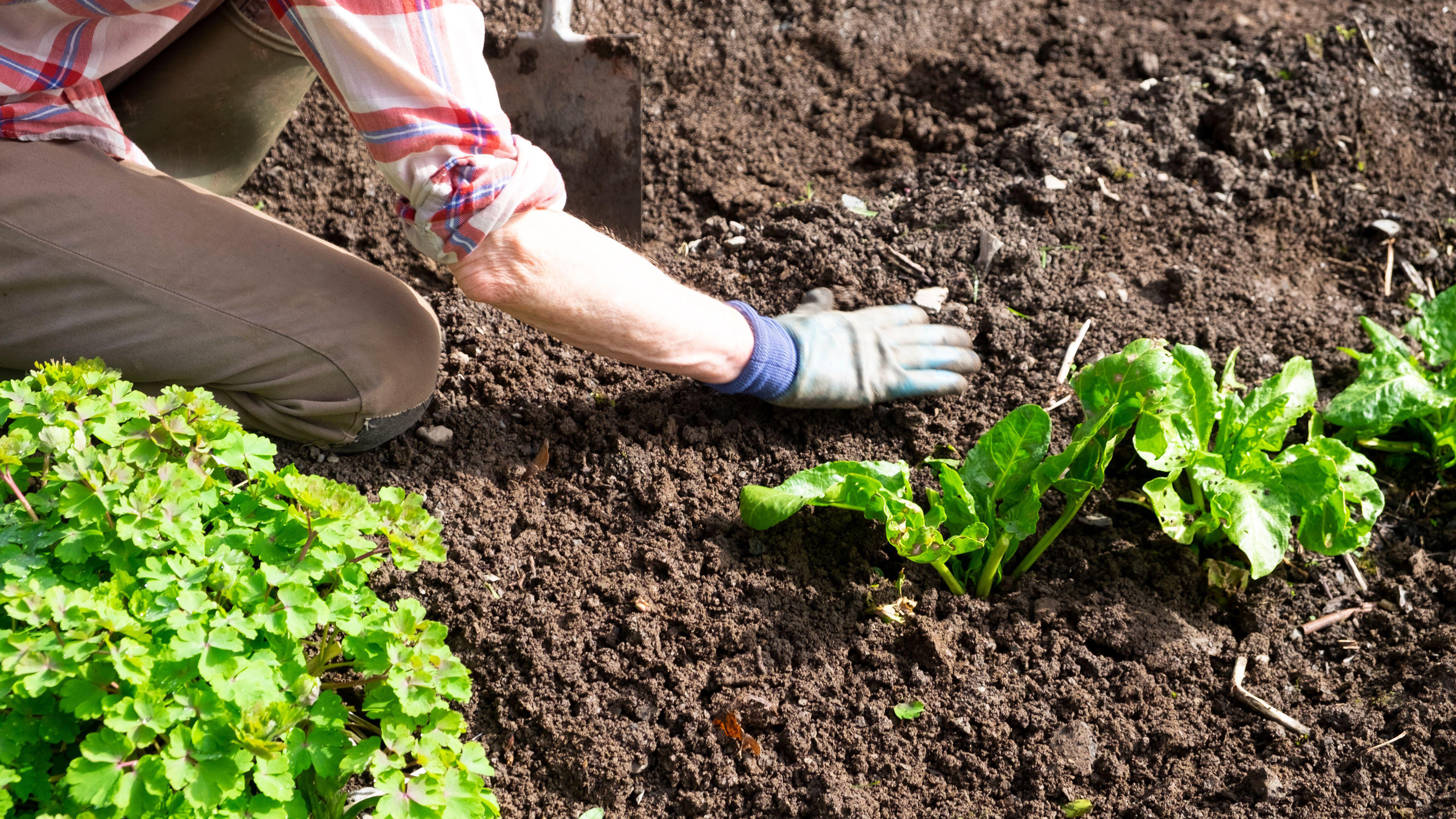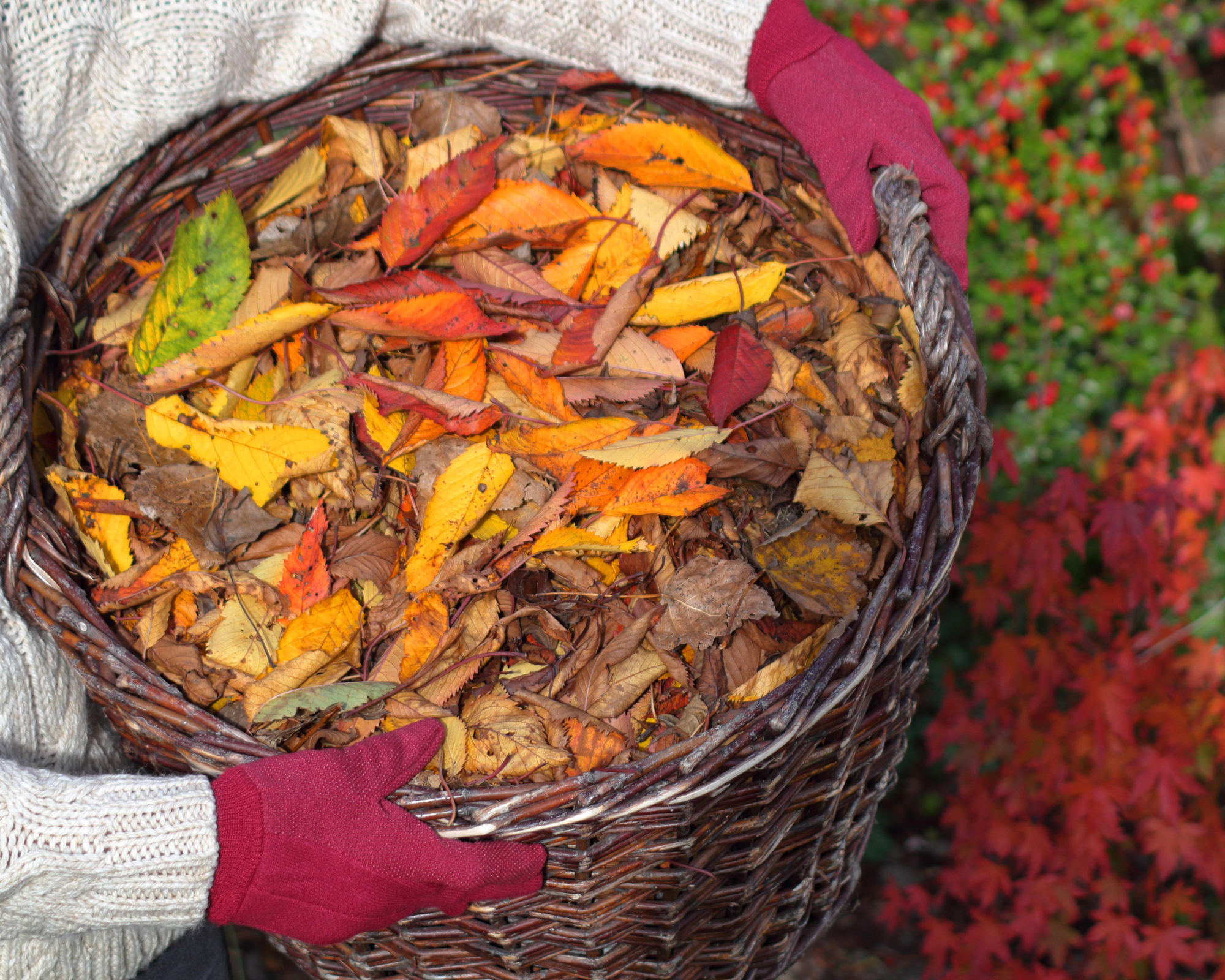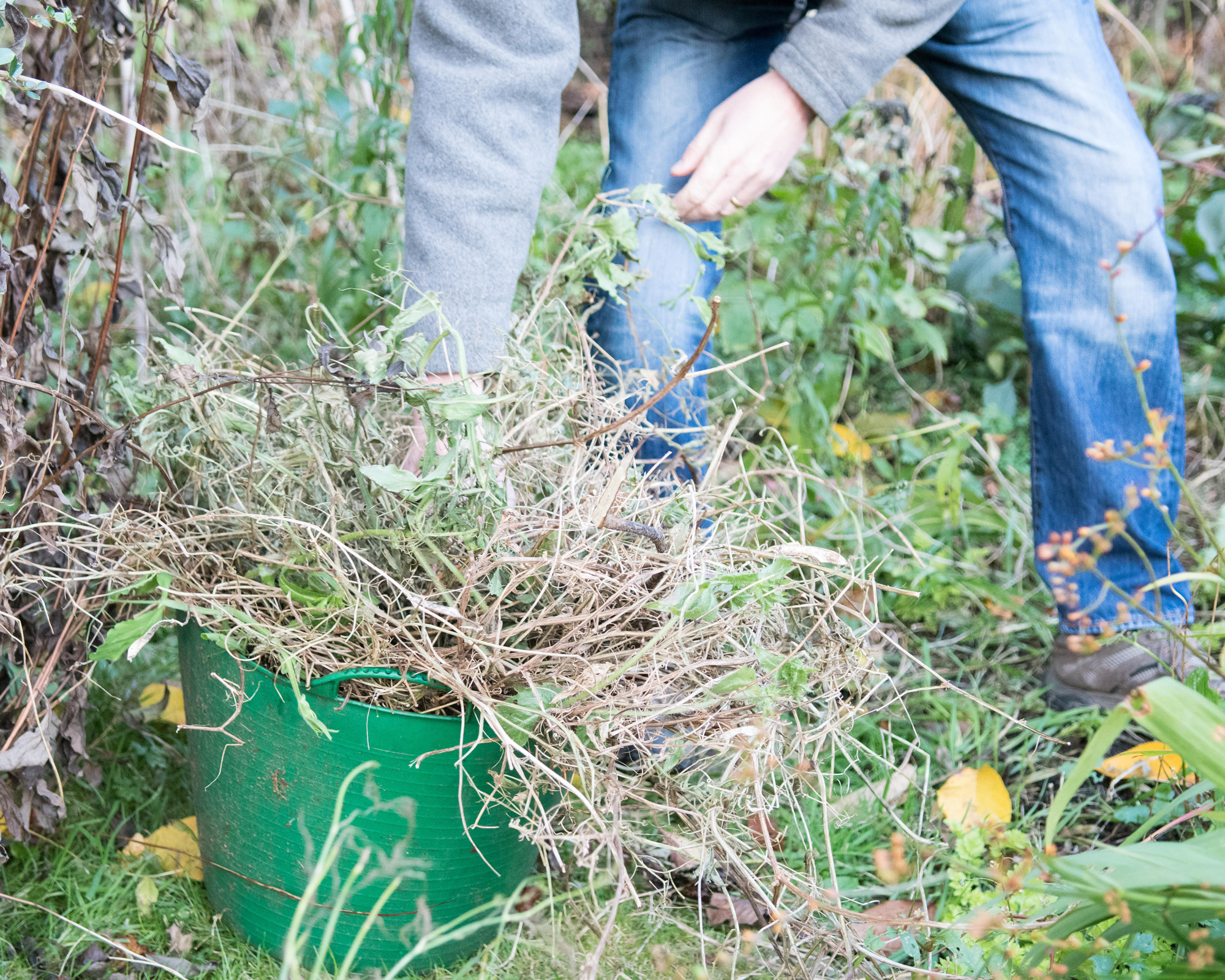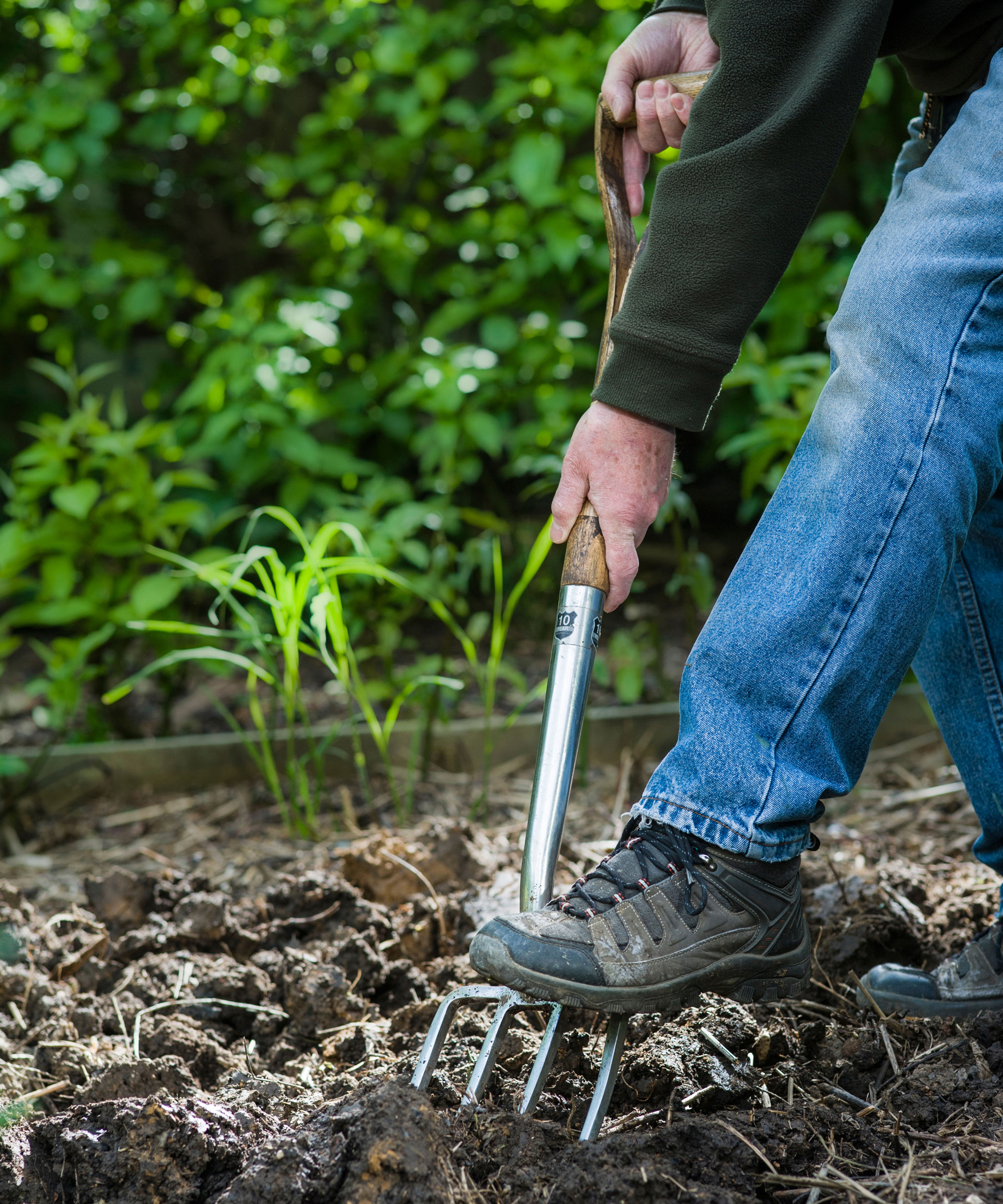Gardener Scott's top tips for amending garden soil
The master gardener offers advice on creating the optimal soil for your plants

Gardener Scott is no novice to soil amendment. Over the years, the Colorado-based gardener has emphasized the importance of good soil in many of his videos, often naming it as the foundation of successful gardening.
A basic guide to soil types will give you an idea of what will grow well in your garden, but where it comes to more advanced gardening, especially in garden beds, there are a few extra tips and tricks for amending soil to help it perform at its best. Recently, Gardener Scott has shared some of these professional tips in a YouTube Q&A. Here are the top ones we'll take away from his informative talk.
1. Use fall as your primary time to amend your soil

'I like to use fall, or autumn, as my primary time to do this,' says Scott. 'Over the winter, you're going to see your soil drop from spring through to the end of summer.' What he means is that all the organic matter you add will decompose eventually, leaving you with a lower soil volume. 'I have had six to eight inches soil drop, because I had all that organic matter in the soil,' he explains. On the other hand, during the growing season, 'there's not a lot you can do to increase the volume in the bed, you're just going to have to let those plants grow.' So, use the time now to enrich your soil.
2. Use raw materials as well as decomposed ones

It's not all about learning how to make leaf mold or adding compost. Actually, Scott admits that he likes using 'raw materials that haven't broken down yet' to amend his soil, like 'long clippings and dried crushed leaves.'
He's able to do this in the fall because he's 'not regrowing in that bed again until next spring' – that's a whole eight months of the year nothing is grown in the garden beds, so 'I could put a whole lot of volume into those beds in fall' and give the fall and winter to 'those organisms to populate the soil'. By spring, when plants go in, 'the whole system is ready to go.' You won't even need a fertilizer with so much organic matter.
3. Explore biochar
Gardener Scott gives biochar a firm seal of approval, saying that the plants in beds where he uses this soil improver 'always do better than the ones without. It's not cheap, but still worth it thanks to the one-time application,' he adds.
Biochar is a term for organic matter that has been carbonized under pressure, in a de-oxygenated environment. Various versions of charred soil improvers have been used by farmers around the world for millennia, and they are especially good for making poor soil more fertile.
4. Always turn over the soil

If beetle grubs in soil are a problem, Scott recommends doing research to understand what species of beetle you're dealing with, so that you know where it lays its eggs. 'Once you've understood the specific type of pest, you can start looking for the eggs', to prevent them turning into larvae that damage your crops.
More importantly, though, as part of your pest control, you should regularly turn over your soil, Scott recommends. 'Every time I turn over my soil in the spring, I find grubs, and that's one of the ways I keep my beetle problems under control, because I'm turning over the soil and exposing those grubs and allowing the birds to find them.' Leaving your soil uncovered for a couple of days in the spring is beneficial for allowing natural pest control – that includes birds and even sunlight.
5. Always mulch
If you had any doubt that mulching is one of the most important forms of soil improvement, Gardener Scott points out that it's a very important part of fighting harmful spores and fungi in your soil. 'If you can put a barrier between your soil and your plant, you should have fewer issues' with problems like powdery mildew, for example. 'By mulching that soil, you can use that soil again and put plants in it,' even if you've had a problem in that pot/raised garden bed before.
Anna writes about interior design and gardening. Her work has appeared in Homes & Gardens, Livingetc, and many other publications. She is an experienced outdoor and indoor gardener and has a passion for growing roses and Japanese maples in her outside space.
